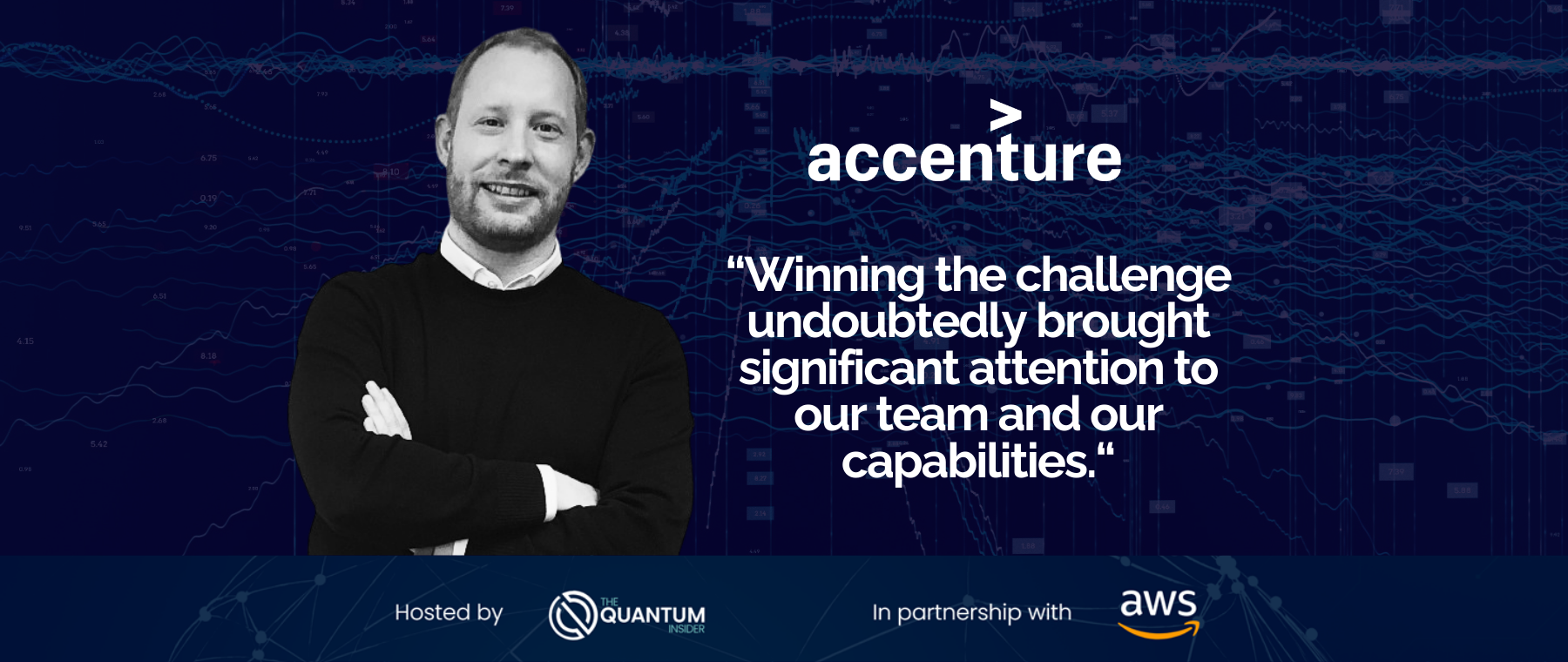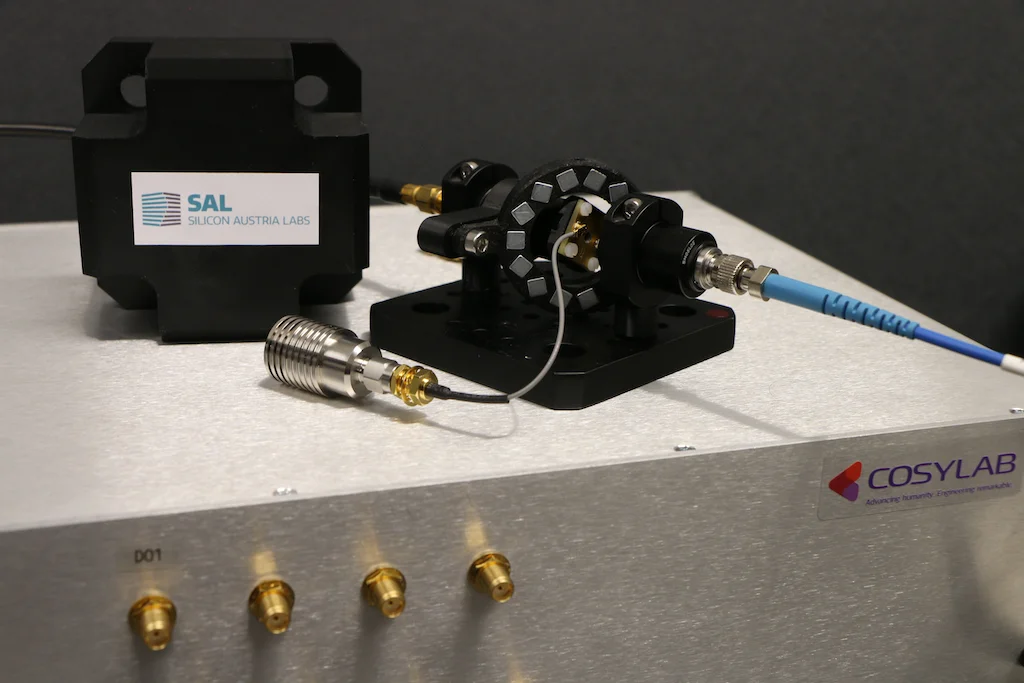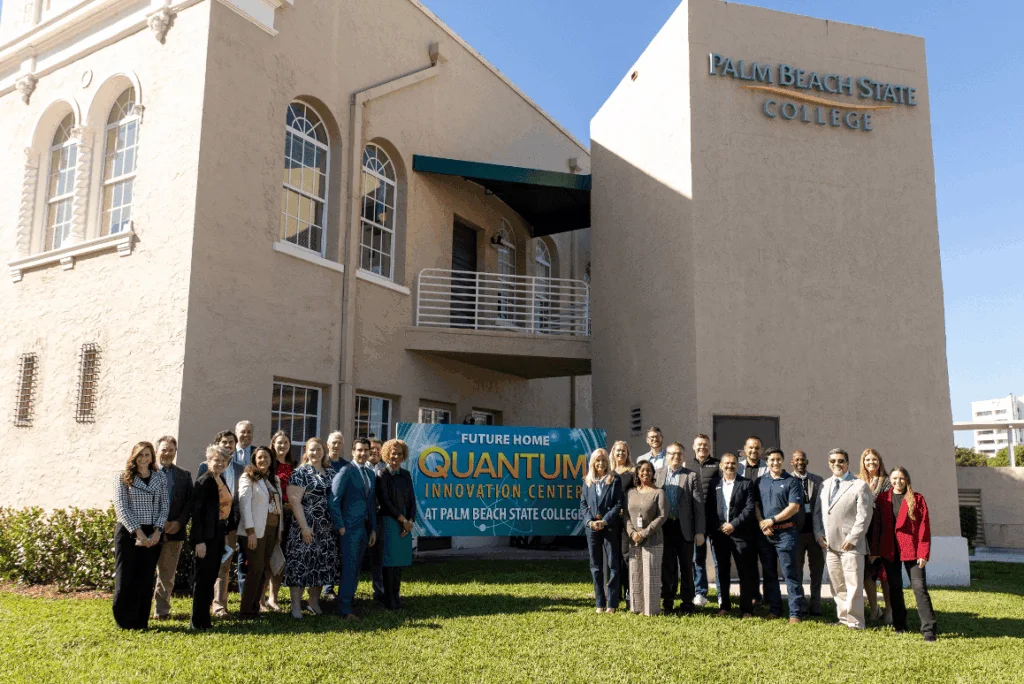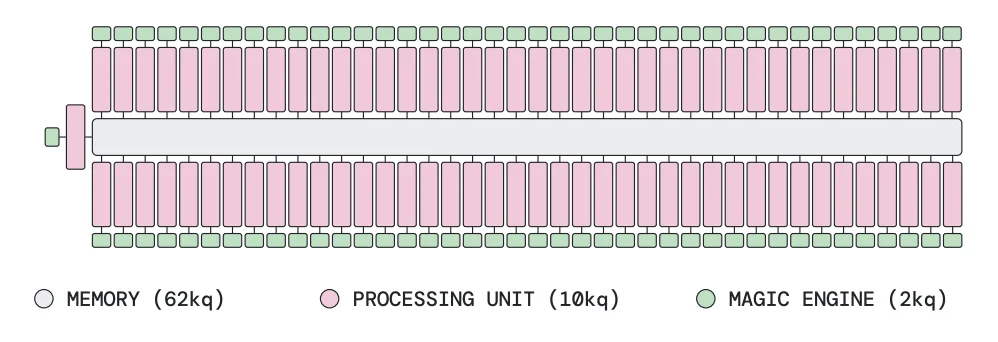In this special series, The Quantum Insider will be exploring how participation in quantum research competitions, such as the Airbus BMW Group’s Quantum Computing Challenge — The Quantum Mobility Quest, can pay off with real, tangible benefits, even beyond the potential for prize-winning entries. In this edition, we’ll talk with Sebastian Senge, Accenture’s Quantum & Next Gen Computing Lead ASG (Austria, Swiss, Germany)
In this question and answer session, Senge discusses the challenges, benefits and importance of competing in entering competitions, such as the Airbus BMW Group’s Quantum Computing Challenge — The Quantum Mobility Quest
The Quantum Insider: Could you briefly introduce your team and the project that won you the Airbus-BMW quantum computing challenge last year?
Sebastian Senge: Our team comprised a diverse and talented group of individuals with expertise spanning Quantum Computing, Programming, and 3D Visualization. With a total of four members, each bringing unique skills and perspectives to the table, we were able to collaborate effectively and tackle challenges with enthusiasm and high motivation. This diversity allowed us to approach the Airbus-BMW quantum computing challenge from various angles, leveraging our combined knowledge to develop innovative solutions. Despite our busy schedules with ongoing Quantum Computing and AI projects, we dedicated ourselves wholeheartedly to the challenge, driven by passion and a shared commitment to excellence.

TQI: What motivated your team to participate in last year’s quantum computing challenge?
Sebastian Senge: Participating in last year’s quantum computing challenge was an easy decision for our team. With a longstanding working relationship of over 25 years with BMW, we were thrilled to join the competition from the outset. Our enthusiasm was further fueled by the opportunity to showcase our expertise as a Quantum and Next-Generation Computing team. We saw the challenge as a chance to demonstrate our capabilities, contribute to the advancement of quantum computing, and strengthen our partnership with BMW. Overall, it was a motivating prospect that aligned perfectly with our team’s skills and aspirations.
TQI: What were some of the most significant challenges your team faced during the competition, and how did you overcome them?
Sebastian Senge: One of our guiding principles at Accenture is to view business challenges from end to end, which means looking beyond the immediate technical aspects and considering the broader domain context. This approach encourages us to think innovatively and not just focus on isolated technical issues.
For instance, in tackling the “Sensor Positioning Optimization” use case, we didn’t merely address the optimization problem in isolation. Instead, we developed a comprehensive solution that included building an entire solution process. The realisation of this process features a 3D application where sensor parameters could be manipulated, and optimized results were interactively displayed.
To implement optimization techniques, we utilized common Quantum Computing methodologies such as Quantum Annealing and QAOA. Additionally, we ventured into the realm of Quantum Reinforcement Learning, drawing upon Quantum Machine Learning concepts. This hybrid approach allowed us to explore the problem space more thoroughly and leverage the strengths of different techniques.
Furthermore, we didn’t limit ourselves to quantum methods alone. We also compared our quantum optimization frameworks with classical approaches and solvers. This comparative analysis was instrumental in validating the effectiveness of our quantum strategies and identifying areas for improvement.
The success of our approach was made possible by the diverse backgrounds and expertise within our team. Each member contributed unique insights and skills, fostering an environment of collaboration and innovation. Our collective spirit and unwavering dedication enabled us to navigate the challenges of the competition and deliver a robust solution.
TQI: Winning a competition like this often opens new doors. How has winning the challenge impacted your team and your project’s trajectory?
Sebastian Senge:Winning the challenge undoubtedly brought significant attention to our team and our capabilities. Following our success, we had the opportunity to further refine the solution developed during the competition, particularly in the realm of classical approaches. We were able to make substantial progress in enhancing the original algorithms, optimizing their performance, and expanding their applicability.
While the challenge and subsequent victory raised our profile, our team’s trajectory remained consistent with our overarching goals. We have always been positioned to tackle a diverse range of problems across various industries and sectors. Therefore, while the win certainly bolstered our reputation and provided validation for our expertise, it did not fundamentally alter our trajectory. Instead, it served to deepen our engagement in ongoing projects and solidify our commitment to pushing the boundaries of innovation in Quantum and Next Gen Computing.
TQI: Can you share how Airbus and BMW supported your project, and how has this relationship evolved post-competition?
Sebastian Senge: Our collaboration with BMW during the challenge and especially afterwards was instrumental to our success. BMW provided invaluable support, drawing upon their R&D expertise and resources to help us navigate the complexities of the problem domain. This support extended beyond the challenge itself, as our longstanding partnership with BMW has involved numerous projects in optimization, data, and AI.
Post-competition, our relationship with BMW has continued to evolve positively. We’ve remained engaged in various projects, leveraging our collective strengths to drive innovation and tackle new challenges. Our partnership with BMW, in particular, spans several years, reflecting a mutual commitment to advancing technology and exploring new frontiers in quantum computing, optimization, AI and beyond.
TQI: Based on your experience, what advice would you give to teams considering participating in the next Airbus-BMW quantum computing challenge?
Sebastian Senge:Be curious! Embrace curiosity as your guiding principle throughout the journey. Approach the challenge with an open mind, eagerly exploring new ideas, techniques, and perspectives. Curiosity fuels innovation, drives collaboration, and empowers teams!
Collaborations like the Airbus-BMW quantum computing challenge play a significant role in building the quantum computing ecosystem. How do you see these competitions shaping the future of quantum computing research and application?
Competitions like the Airbus-BMW quantum computing challenge play a crucial role in nurturing and developing young talent within the quantum computing ecosystem. They provide a platform for researchers, engineers, and enthusiasts to collaborate, innovate, and push the boundaries of quantum computing research and application.
In particular, these challenges serve as vital catalysts for talent development, helping to cultivate the next generation of quantum computing experts. By engaging in hands-on problem-solving and interdisciplinary collaboration, participants gain valuable experience and skills that are essential for driving progress in the field.
Moreover, these competitions contribute to shaping the future of quantum computing research and application by fostering a culture of innovation and discovery. They incentivize teams to explore novel approaches, test new algorithms, and tackle real-world problems, thereby accelerating advancements in quantum computing technology.
If you found this article to be informative, you can explore more current quantum news here, exclusives, interviews, and podcasts.












.jpg)


